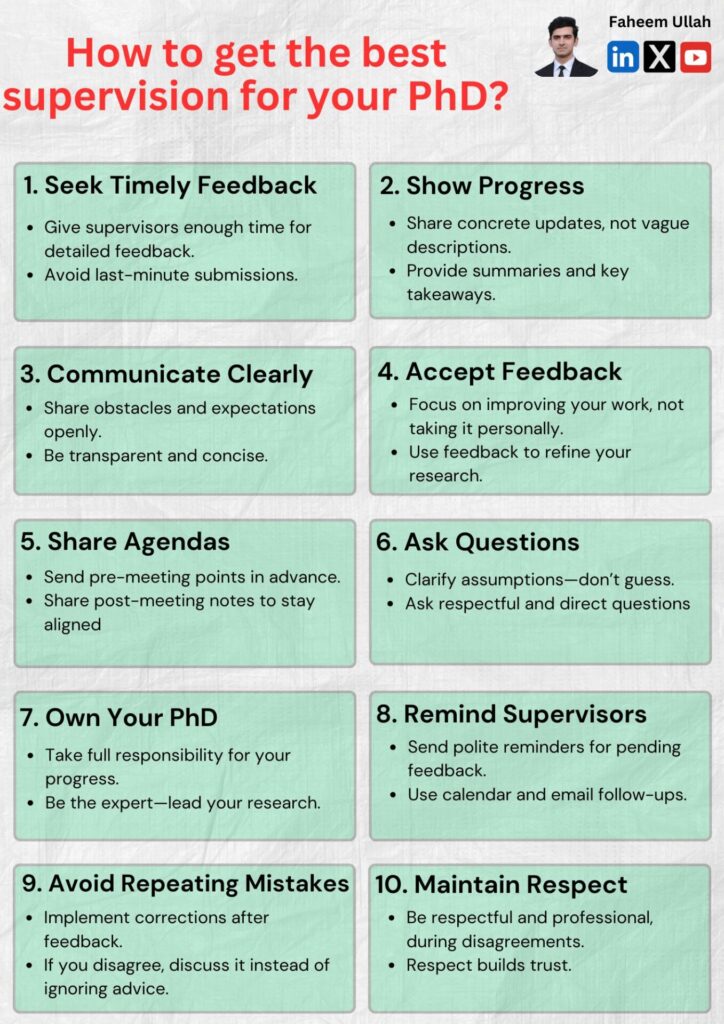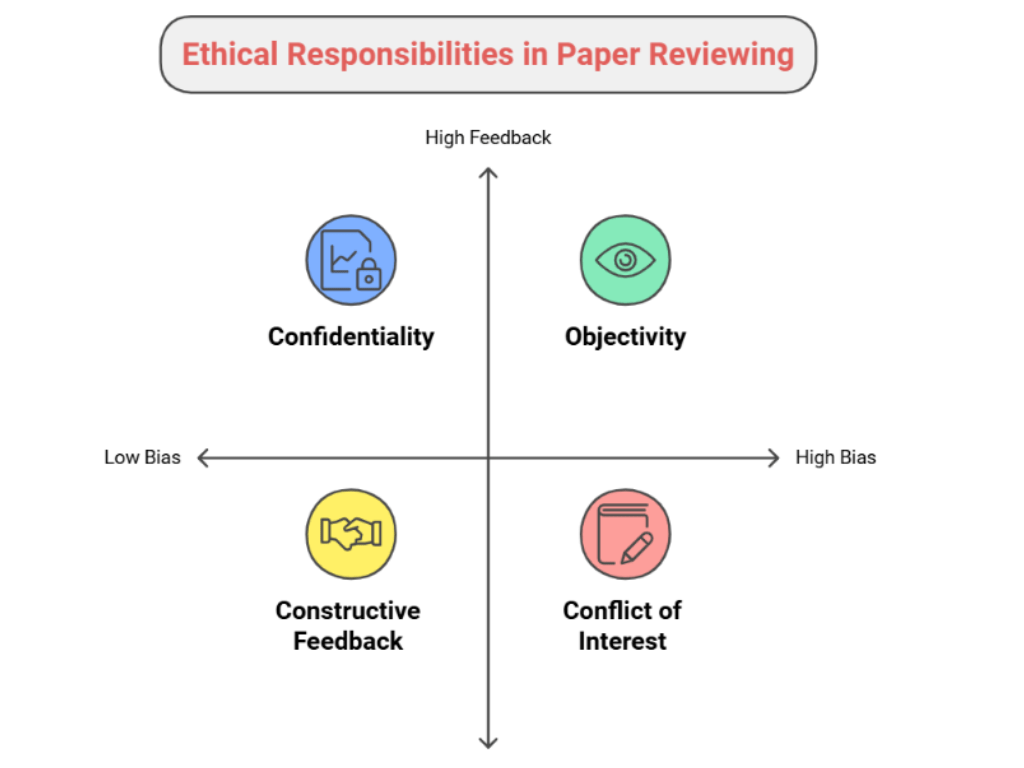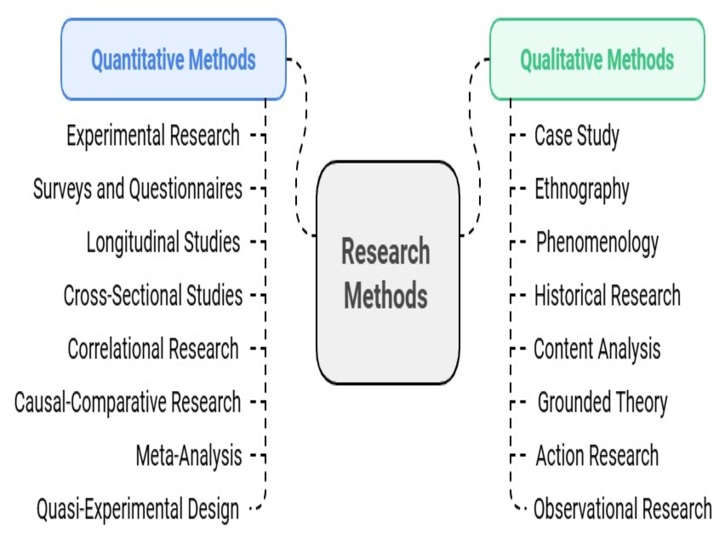
Supervisor-supervisee relationship is the most important thing in a PhD.
Some academics even say that having a good supervisor means 50% of PhD problems are already solved.
It is very common that PhD students complain about their supervisors.
While it might not be in your control how your supervisor works, it certainly is your control what you can do make this relationship work better.
Here is how you can get the most out of your supervisor.

1. Show, Don’t Tell
Actions speak louder than words. Instead of just telling your supervisor what you’ve done, show tangible progress.
Example: Instead of saying, “I read 5 research papers,” present a summary with critical takeaways and explain how they inform your research. This demonstrates your depth of understanding and makes feedback more meaningful.
2. Take Feedback Positively
Remember that feedback is meant to help you improve your work, not to criticize you as a person. Supervisors provide constructive feedback to guide you toward success.
Tip: Instead of taking criticism personally, see it as an opportunity to refine your research and grow as a scholar.
Join 100% FREE AI tools bootcamp for researchers
Registration Link: Click Here
What will you learn?
1. How to enhance your academic writing with AI tools?
2. How to identify relevant research papers?
3. How to supercharge your literature review?
4. How to visualize academic literature?
5. How to complete quantitative and qualitative research with AI tools?
| Date for the online bootcamp: 20 & 27 January, 10 February |
3. Share Meeting Agendas and Notes
Before each meeting, share a brief agenda outlining the key points you want to discuss. Afterward, send a summary of what was covered.
Why It Helps: This approach keeps meetings focused and ensures everyone is aligned. Plus, it takes only 10 minutes of your time but shows professionalism and respect for your supervisor’s time.
4. Ask, Don’t Assume
Don’t make assumptions about your supervisor’s responses or decisions. Instead, ask directly in a respectful way.
Example: If you’re interested in applying for a research internship, don’t assume your supervisor will reject the idea. Politely ask for their opinion and guidance.
5. Own Your PhD
Your PhD is your project—you are the primary expert. After the initial months, you’ll likely know more about your specific topic than your supervisor does.
Mindset Shift: Your supervisor is there to guide and support you, but you must take ownership of your research journey.
6. Send Friendly Reminders
Supervisors juggle many responsibilities and may forget to follow up on tasks like providing feedback. Sending a polite reminder can make all the difference.
Tip: Use reminder tools like email follow-ups or calendar apps to keep things on track without being pushy.
7. Seek Feedback in Advance
Sending a draft to your supervisor one day before a submission deadline is unfair and unlikely to get detailed feedback.
Solution: Plan ahead and give your supervisor enough time to review your work thoughtfully. This results in better feedback and less stress for both of you.
8. Communicate Clearly
Be open and honest about any challenges or expectations you have. Your supervisor can only support you if they understand the issues you’re facing.
Tip: If you’re struggling with data collection or writing, say so early on so they can guide you effectively.
9. Avoid Repeating the Same Mistakes
If your supervisor has corrected you on something, make sure you address it and avoid repeating the same mistake.
Why It Matters: Repeating errors can give the impression that you don’t value their feedback. If you disagree with their corrections, discuss your concerns respectfully instead of ignoring their advice.
10. Show Respect at All Times
No matter the ups and downs of your relationship with your supervisor, always treat them with respect.
Key Insight: Successful researchers often credit their mentors for their growth. Respecting your supervisor shows maturity and fosters a healthier working relationship.
Final Thoughts
A strong supervisor-supervisee relationship is built on communication, respect, and accountability. By taking initiative and following these tips, you’ll not only strengthen this relationship but also set yourself up for a successful PhD journey.
Action Step for This Week:
Try sending a meeting agenda before your next discussion with your supervisor. It will show your commitment and make the meeting more productive.
P.S. If you have any questions or tips from your own experience, hit reply—I’d love to hear from you.





Terrific work! This is the kind of information that are supposed to be shared across the web. Disgrace on the search engines for no longer positioning this post higher! Come on over and visit my web site . Thank you =)
There are some interesting time limits on this article but I don’t know if I see all of them center to heart. There is some validity however I’ll take hold opinion till I look into it further. Good article , thanks and we wish more! Added to FeedBurner as well